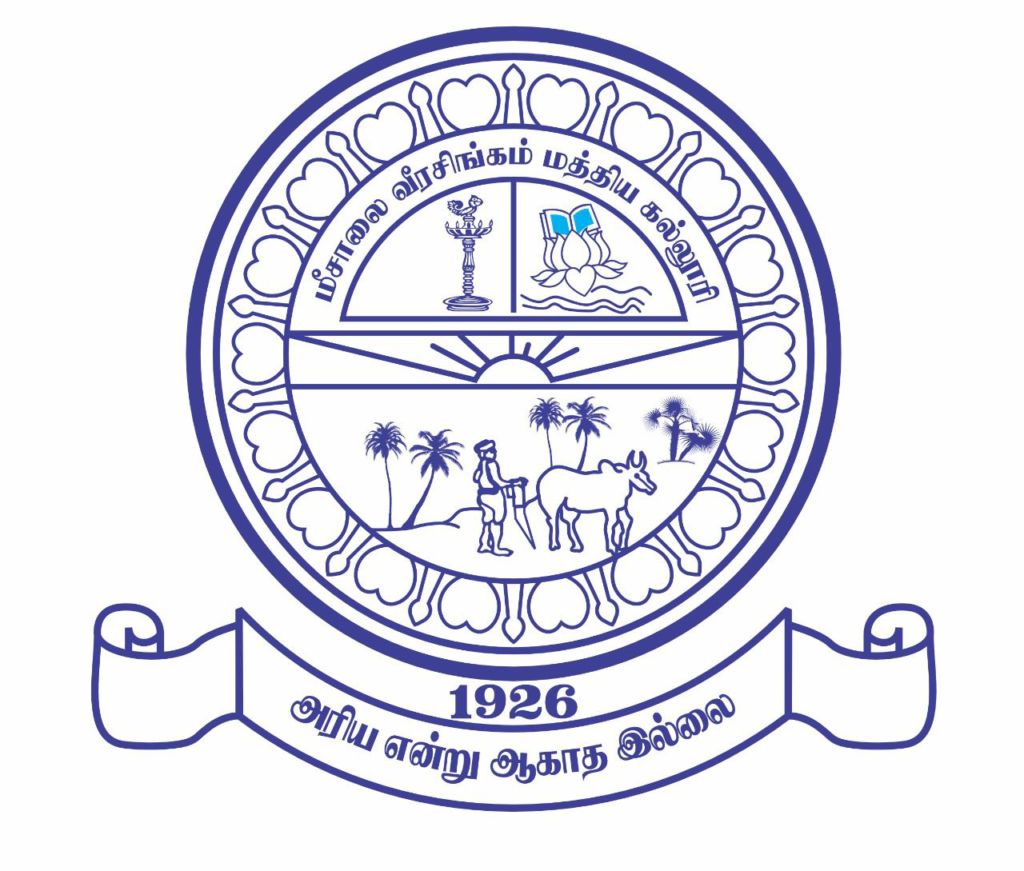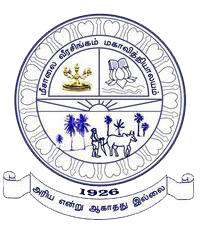Extracurricular activities play a vital role in a student’s overall development. They offer numerous benefits beyond the classroom that contribute to personal growth and future success. Here’s an in-depth look at why extracurricular activities are essential:
Skill Development
Participating in sports, arts, or clubs helps students develop essential life skills. These activities require collaboration, planning, and commitment, which translate into valuable skills such as teamwork, leadership, time management, and communication. For instance, a student who joins the debate team learns to research effectively, argue persuasively, and think critically.
Examples
- Teamwork: Playing team sports like soccer or basketball teaches students to work together towards a common goal.
- Leadership: Holding a position in student government or leading a club helps develop leadership skills.
- Time Management: Balancing academics with extracurricular activities requires students to manage their time efficiently.
- Communication: Participation in drama or public speaking enhances verbal and non-verbal communication skills.
Enhanced Academic Performance
Studies show that students involved in extracurricular activities often perform better academically. The discipline and time management skills gained from these activities can translate into improved academic performance. Additionally, the motivation and engagement from participating in something they are passionate about can boost their enthusiasm for learning.
Research Findings
– Students who participate in extracurricular activities have higher GPAs and better standardized test scores.
– Regular involvement in activities fosters a sense of responsibility and accountability, which can positively impact academic work.
Social Interaction
Extracurricular activities provide ample opportunities for social interaction. These settings allow students to make new friends, build social networks, and develop interpersonal skills. The sense of belonging and community derived from participating in group activities can be crucial for emotional well-being.
Benefits:
- New Friendships: Joining clubs or sports teams helps students meet peers with similar interests, leading to lasting friendships.
- Community Building: Group activities foster a sense of community and belonging, reducing feelings of isolation.
- Cultural Awareness: Participation in diverse activities exposes students to different cultures and perspectives, promoting inclusivity and empathy.
Stress Relief
Engaging in activities outside of academics provides a healthy outlet for relaxation and fun. These activities can help reduce stress and anxiety by offering a break from the academic routine and providing a platform for physical activity, creativity, and social engagement.
Stress Management:
- Physical Activities: Sports and exercise release endorphins, which are natural stress relievers.
- Creative Outlets:Arts and music allow students to express themselves creatively and decompress.
- Hobbies: Engaging in hobbies such as gardening, photography, or chess can provide a relaxing break from studies.
College and Career Prospects
Involvement in extracurricular activities can significantly enhance college applications and resumes. Colleges and employers look for well-rounded individuals who have demonstrated commitment and initiative outside the classroom. Extracurricular activities showcase a student’s diverse interests, skills, and ability to balance multiple responsibilities.
Impact on Applications:
- College Applications: Admissions officers often consider extracurricular involvement as a key factor in their decisions. Leadership roles, long-term commitments, and unique activities can set applicants apart.
- Career Readiness: Employers value the skills developed through extracurricular activities. Experiences in leadership, teamwork, and project management are particularly attractive to potential employers.
- Scholarship Opportunities: Many scholarships consider extracurricular achievements alongside academic performance.
Additional Benefits
- Character Building: Extracurricular activities teach students about perseverance, dedication, and the importance of hard work. These experiences build character and resilience, preparing students for future challenges.
- Exploration of Interests: Students have the opportunity to explore various interests and hobbies, which can help them identify their passions and potential career paths. For instance, a student who joins the robotics club may discover a love for engineering.
- Community Service: Many extracurricular programs involve community service, teaching students the value of giving back and making a positive impact on society.
By engaging in extracurricular activities, students gain a well-rounded education that extends beyond academics. These activities provide essential life skills, enhance academic performance, promote social interaction, offer stress relief, and improve college and career prospects. Encouraging students to participate in extracurricular activities is crucial for their holistic development and future success.

